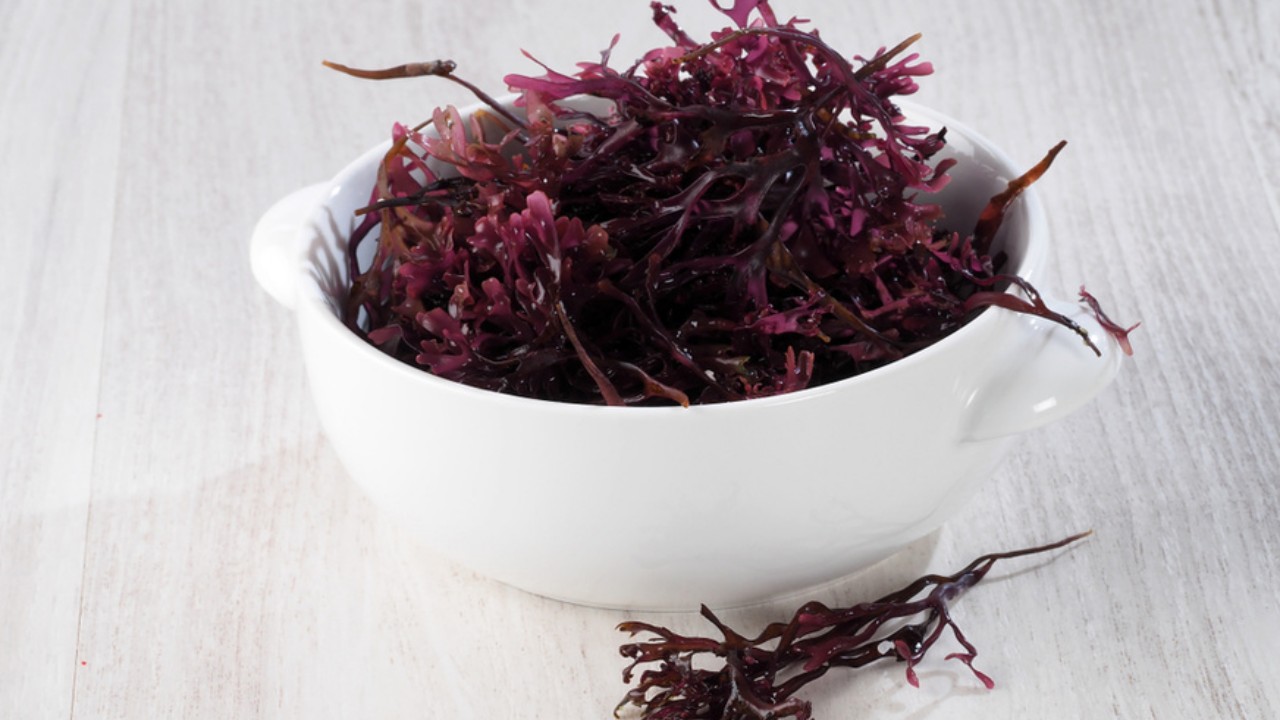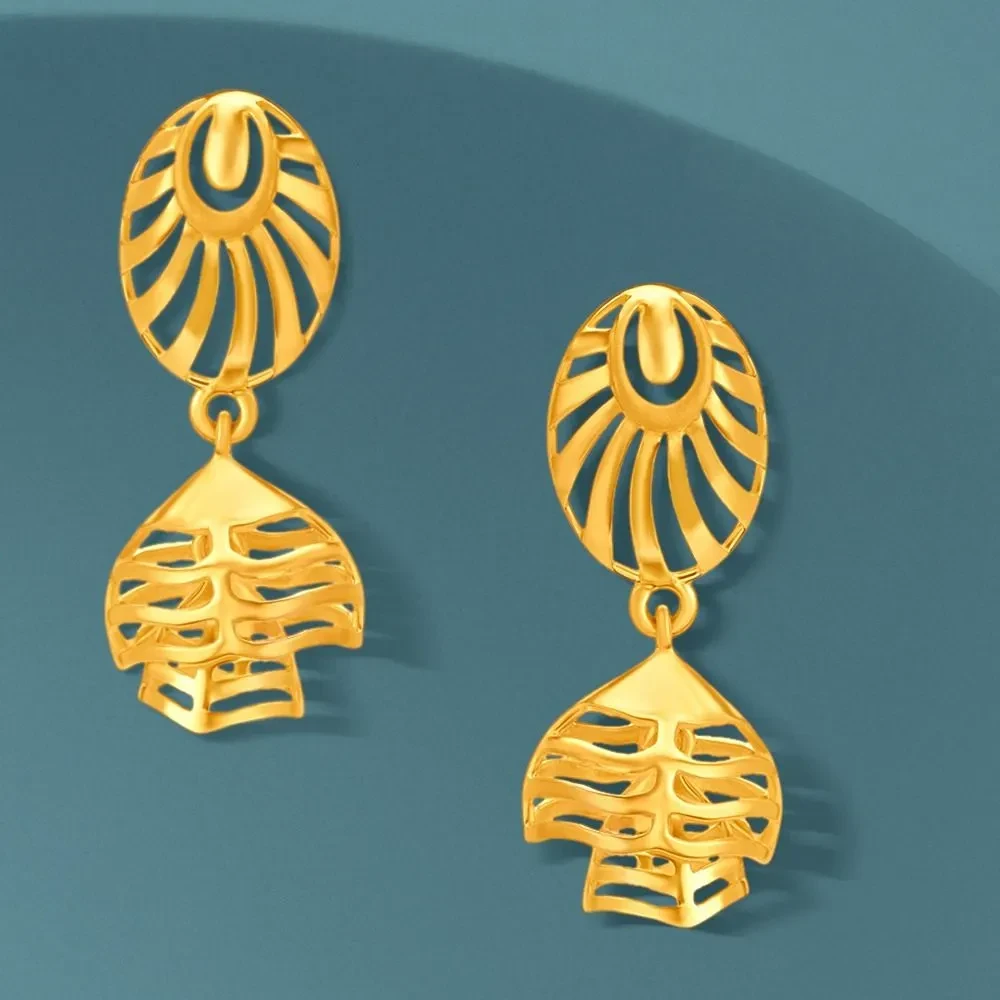Dangerous Side Effects of Sea Moss That You Need to Know
Planning to include sea moss to your diet? It can cause wonders for your health, but you need to be aware of these side effects before consumption.

Sea moss is being hailed as the next big superfood by the health enthusiasts and food bloggers of this era. It shows significant potential as a preventative and therapeutic agent for a wide range of diseases and disorders in the human body due to its high nutritional content. You may have heard of sea moss and its health advantages if you are into healthy eating. But, are you aware of the risks involved in eating sea moss?
No need to panic, sea moss is generally well tolerated. In general it has minimal to no risk of serious adverse effects, but it’s important to know about them before deciding to include sea moss in your diet.
Here is a full accounting of the risks involved with eating sea moss.
What Is Sea Moss?

Sea moss, also called Irish moss, Chondrus crispus or Irish red seaweed, is a type of red seaweed that grows along the Atlantic coastlines of North America, Europe, and the Caribbean. It has been used for centuries in various cultures for its nutritional and medicinal properties.
Sea moss is rich in essential minerals such as iodine, magnesium, calcium, and potassium, as well as vitamins A, C, E, and K. It is also a great source of dietary fiber and contains amino acids and antioxidants. These nutrients contribute to its reputation as a superfood and have led to its increased popularity in recent years. Sea moss has shown anti-inflammatory, anti-aging, antiviral, antioxidant, antibacterial, and antimicrobial effects (1). Multiple popular celebrities have promoted this superfood, including Kim Kardashian.
One of the potential health benefit of sea moss is its anti-carcinogenic qualities. This makes it a valuable tool in cancer prevention (2). This seaweed is rich in immune-boosting vitamins and minerals like zinc and selenium, which not only enhance immunity but also help reduce inflammation. Additionally, sea moss aids in maintaining normal blood pressure, benefiting heart health (3).
Sea moss also promotes thyroid health (4). Furthermore, the high magnesium content in sea moss can contribute to anxiety reduction, as magnesium has calming properties (5). The high antioxidant content of sea moss has been shown to aid with visual acuity. Antioxidants help maintain healthy eyes and prevent vision damage (6). Cuts and scrapes can heal more quickly after being treated with sea moss, according to a study (7). This is because it contains high concentrations of wound-healing minerals like zinc and selenium. Overall, sea moss offers a range of potential health benefits, from cancer prevention to immune support and anxiety relief.
In addition to its health benefits, sea moss is used as a natural and stabilizing agent in food and beauty products. Moss powder can be incorporated into smoothies, soups, desserts, and sauces, or used topically in face masks, lotions, and hair products like moss gel.
However, sea moss may have some adverse effects that you need to be aware of. Let’s find out what some potential side effects of sea moss are.
Sea Moss Common Side Effects

While sea moss is generally considered safe for consumption, there are a few side effects of sea moss and considerations to keep in mind:
1. May Worsen Sensitivity to Iodine
Sea moss has a very high iodine content, which is essential for thyroid function. However, those with pre-existing thyroid conditions or iodine sensitivity should exercise caution and consult with a doctor before eating sea moss in large amounts (8).
2. May Pose Risk of Metal Contamination
Sea moss harvested from polluted waters may contain contaminants such as heavy metals like arsenic, cadmium, copper, mercury, and lead or bacteria (9). It’s important to choose high-quality, responsibly sourced sea moss to minimize the risk of contamination.
3. May Cause Digestive Issues
Sea moss is high in fiber, which can promote healthy digestion. However, consuming excessive amounts of sea moss without gradually increasing fiber intake may lead to digestive discomfort such as bloating, diarrhea or gas (10). It’s advisable to start with small amounts and increase gradually while monitoring your body’s response.
4. May Have Drug Interactions
This superfood actually can interact with certain medications, particularly blood thinner medications and anticoagulants (11). It’s important to consult with a healthcare professional if you’re taking any medications to ensure there are no potential interactions.
5. May Exacerbate Autoimmune Diseases
Eating too much of seaweed can be detrimental for people who have autoimmune thyroid diseases such Hashimoto’s disease. A goitre, thyroid gland inflammation, and thyroid cancer can all result from consuming too much iodine (12). You can also have additional adverse effects in such as vomiting, fever, nausea, burning mouth and stomach pain.
6. May Cause Allergic Reactions
Some people may have allergies or sensitivities to sea moss. Allergic reactions can manifest as skin rashes, itching, swelling, or difficulty breathing. If you experience any adverse reactions like feeling queasy or having an irritated throat, stop taking sea moss. Seek medical attention immediately.
Sharing a word of caution, our contributor Dr. Allen Conrad, Doctor of Chiropractic at Montgomery County Chiropractic Center, says, “An allergy to carrageenan, a substance found in sea moss, can cause an allergic reaction. This may lead to respiratory and breathing problems. If you think you are allergic to sea moss, please avoid it so that you do not suffer from anaphylactic shock as a result.”
He further states, “The standard recommendation is one tablespoon per day for sea moss. I believe this should be avoided unless you have your doctor run some blood tests first. Excess sea moss can affect your thyroid levels, and too much iodine can be dangerous. Consult your doctor before starting to take sea moss.”
How to Avoid Most Sea Moss Side Effects?

To minimize the risk of experiencing side effects of sea moss, you can take the following precautions:
1. Start with small amounts:
When incorporating sea moss into your diet for the first time, start with a small quantity and gradually increase it over time. This allows your body to adjust and reduces the likelihood of digestive discomfort.
2. Choose high-quality sea moss:
Purchase sea moss from reputable sources that adhere to strict quality standards. Look for organic or wild-harvested sea moss to ensure it is free from contaminants and pollutants.
3. Rinse and clean thoroughly:
Before using sea moss, rinse it thoroughly to remove any debris or salt. Soak the sea moss in water for at least 15 minutes, and then rinse it again to eliminate any remaining impurities.
4. Cook or blend properly:
Sea moss can be cooked or blended into various recipes. If you prefer consuming it raw, make sure to blend it well to enhance digestibility. Cooking or blending can also help release its beneficial nutrients.
5. Consult with a healthcare professional:
If you have any pre-existing health conditions, allergies, or are taking medications, it’s advisable to consult with a doctor or healthcare professional before adding sea moss into your diet. They can provide personalized advice based on your specific situation and potential interactions.
By following these guidelines and using sea moss responsibly, you can reduce the likelihood of experiencing side effects and maximize its potential benefits.
Warnings About Sea Moss Severe Side Effects
It’s important to be aware of potential severe side effects of sea moss in rare cases. These include:
Hyperthyroidism:
Sea moss is very high in iodine, which is essential for proper thyroid function. However, excessive consumption of iodine-rich foods, including sea moss, can lead to an overactive thyroid gland, a condition known as hyperthyroidism (13) . Symptoms may include rapid heartbeat, weight loss, anxiety, and irritability.
Blood clotting disorders:
Sea moss contains compounds that may have blood-thinning properties (14). While this can be beneficial for some individuals, those with blood clotting disorders or who are taking blood-thinning medications should exercise caution. Sea moss may interact with these medications and increase the risk of bleeding. It’s essential to consult with a medical professional prior to consuming sea moss if you fall into this category.
Severe allergic reactions:
Although rare, some individuals may experience severe allergic reactions to sea moss, especially if they are allergic to either shellfish or sulfur. Symptoms can include difficulty breathing, swelling of the face, lips, or throat, and hives. If you develop any severe allergic symptoms after consuming sea moss, seek immediate medical attention.
Contamination:
Sea moss harvested from polluted waters may contain heavy metals or bacteria, posing a risk to your health (9). To minimize the chances of contamination, choose reputable sources that prioritize quality and safety.
It’s crucial to emphasize that these side effects of Irish moss are rare and may only affect individuals with specific conditions or sensitivities.
Who Should Not Take Sea Moss?

While sea moss is generally safe for consumption, there are certain individuals who should exercise caution or avoid taking it altogether. These include:
Individuals with iodine sensitivity or hyperthyroidism:
Those with iodine sensitivity or those who have been diagnosed with hyperthyroidism should avoid sea moss. Excessive iodine intake may exacerbate these conditions.
People with bleeding disorders or taking anticoagulant medications:
Sea moss contains compounds that may have blood-thinning properties. If you have a bleeding disorder or are taking anticoagulant medications, such as warfarin, heparin, or aspirin, it’s important to consult with a medical professional before taking sea moss. It may interact with these medications and increase the risk of bleeding.
Those with known allergies to seaweed, shellfish, or sulfur:
Some individuals may have existing allergies or sensitivities sea moss. If you have a known allergy to these substances, it’s best to avoid sea moss altogether.
Pregnant or breastfeeding women:
There is very little research on the safety of sea moss consumption during pregnancy or breastfeeding. It’s advisable for pregnant or breastfeeding women to consult with a healthcare professional or doctor before incorporating sea moss into their diet to ensure it is safe for both them and their baby.
Children:
Sea moss is not recommended for infants and young children, as their dietary needs and sensitivities differ from adults. It’s best to consult with a pediatrician or healthcare professional before introducing sea moss to a child’s diet.
As with any new food or dietary supplement, it’s essential to consult with a medical professional before including sea moss into your routine. This is especially true if you have any underlying health conditions or concerns. They can provide personalized advice based on your specific situation and help determine if sea moss is suitable for you. Even though there are risks associated with consuming sea moss, it’s not necessary that you will experience any of the side effects. A little caution is all that’s necessary when consuming any new food, and if you are a little careful, there’s no reason you can’t enjoy the benefits of this miracle superfood.
Contributor: Dr. Allen Conrad, BS, DC, CSCS, and Owner of Montgomery County Chiropractic Center
ALSO READ: The Serious Side Effects of Starving–When Your Organs Shut Down





 JOIN OUR WHATSAPP CHANNEL
JOIN OUR WHATSAPP CHANNEL















































































